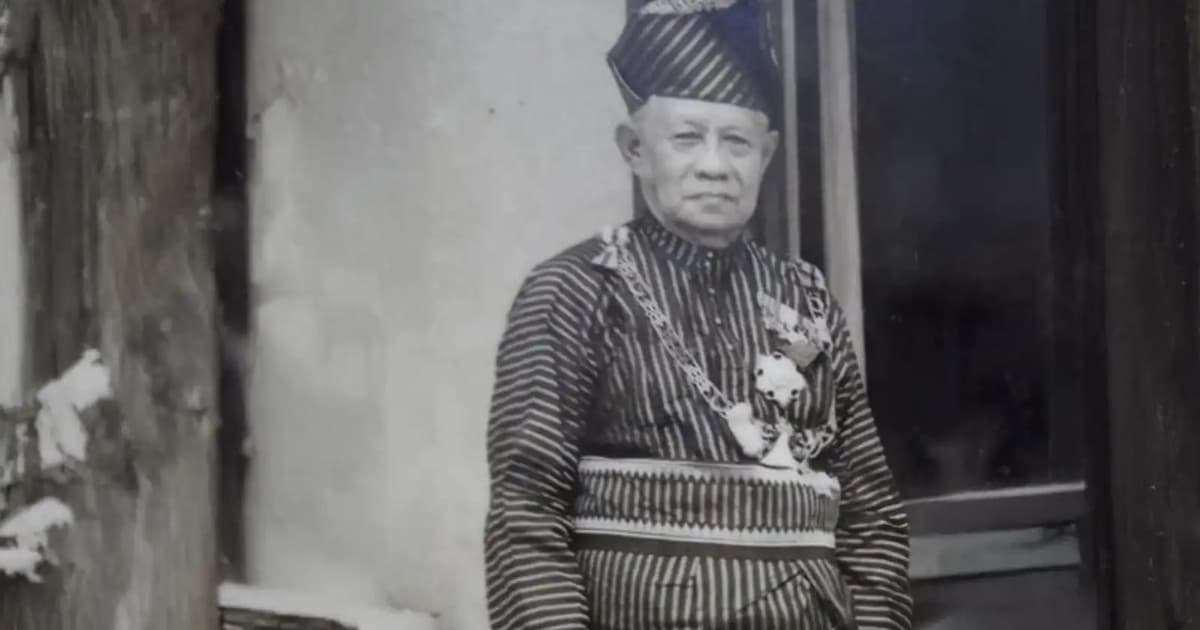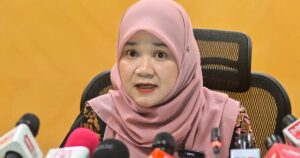
From Kamariah Shakirin Mustafa
Sixty-eight years ago, on the solemn morning of Aug 31, shouts of “Merdeka” rang out from the historic Stadium Merdeka, reverberating across towns and kampungs to mark our hard-won independence.
It was an independence achieved not through bloodshed, but thanks to the sweat and tears of patriotic Malayans — led by Tunku Abdul Rahman, the country’s first prime minister.
The seed, however, had taken root twelve years earlier — in 1945, following the end of World War II.
With Japan’s surrender in August that year, the British Military Administration was swiftly established — not only to restore law and order, but to oversee the transition from Japanese occupation back to British colonial rule.
A White Paper on the Malayan Union was tabled in the British Parliament on Jan 22, 1946, and announced to the world the following morning — an outcome shaped, unsurprisingly, by Britain’s trademark arm-twisting subterfuge, having already extracted the reluctant consent of the Malay rulers.
From the position of state treasurer in Johor Bahru, Abdul Rahman Yassin was promoted in 1941 to be the state commissioner of Muar.
For him, the morning of Jan 25, 1946, was to be like the beginning of any other day: a quiet breakfast with the morning newspaper and a tray of letters by his side waiting to be opened and read.
Being a man of few words and a stickler for formality, that tray also held letters from his own children. He insisted that they write them, especially if they were requesting permission to do anything.
As he opened the newspaper, details regarding Malayan Union startled him and stirred his ire. The impudence, the arrogance of the British, he thought.
He pushed his plate away, took a sip of coffee, unfolded the napkin, wiped his mouth, and got up to leave the table — furious.
To oppose the Malayan Union on his own would be beyond his capacity — an impossible, Herculean task. His voice, he knew, would be but a soft cry in the wilderness. He needed a strong team.
Serving as the state commissioner of Muar, his ancestral home, he resolved that the best strategy would be to first rally support from among his own family and relatives.
His first recruit was his eldest son: Suleiman, who had just returned from the UK after securing a law degree at Cambridge.
The next target was his son-in-law, Dr Awang. According to his son, Mazlan Awang, it would have been futile for his father to resist since Abdul Rahman’s trepidation and arguments left little room for refusal.
Kosai Mohd Salleh, an Oxford graduate in forestry, was another recruit, as was Hassan Yunos, the state mufti, along with siblings Ahmad and Safiah Suleiman, both teachers in Muar.
The group would become known as “Orang Tujuh Muar” — the Seven Heroes of Muar.
They set about galvanising mass support in Johor by printing and distributing leaflets. However, they were the only ones with the courage to sign a petition to protest the Malayan Union’s formation.
For the greater good, they accepted the risks and consequences. Their defiance of the state government’s general orders was met with swift reprisal: a six-month suspension from their posts.
But they remained undeterred. The courage they displayed in resisting British chicanery — designed to erode Johor’s sovereignty, diminish the Sultan’s authority, and deny the people their rightful freedoms — was rare and, therefore, admirable.
Abdul Rahman and his team maintained that the state’s constitution must be upheld, and that any decision affecting Johor’s future required the consent of its people. They were, in that respect, loyal to the sultan and to the customs and traditions that defined them.
To relay their message to the sultan, they needed a spokesman capable of winning his heart — someone the sultan trusted enough to lend his ear.
As noted by Kamaruddin Abdullah in his article “The Magnificent Seven of Muar: the Untold Story”, it was Hassan Yunus, then the Johor mufti and later state menteri besar, who was identified as the best candidate for the task.
When the date for the audience with Sultan Ibrahim became known, the group called for its supporters to gather at the Sultan Abu Bakar mosque.
That morning, Hassan was gripped by nerves. As the appointed hour drew near, he made the lonely walk from the mosque to the Istana. The rest of the group and their supporters waited anxiously at the mosque to hear the outcome.
Hours later, he returned with good news. The Sultan had agreed to rescind his consent to the Malayan Union agreement.
The movement that the Orang Tujuh Muar initiated gave birth to Umno on May 11, 1946. The fury of one man in the morning of Jan 25, 1946 which saw the formation of a group of seven fighters from Muar, had turned into a mass movement of Malay nationalists — this time in a fight for independence.
The baton was passed to Onn Jaafar, Umno‘s first president.
Malaya, on the morning of her independence, may not have emerged in its present constitutional form if Abdul Rahman had tacitly acquiesced to the ramifications of Malayan Union as proposed.
His legal acumen and years in the civil service, however, gave him the rare ability of detecting the subtle subterfuges of British colonialism — and allowed him to foresee its profound consequences on his state, the sultan, and the people of Johor.
The courage of the others who shared his beliefs became the early impetus of a mass movement that eventually saw the formation of Umno.
That first step on the road to Merdeka — a long and arduous journey of negotiations and dialogue between Tunku Abdul Rahman’s team and the British colonial government — was taken by the Orang Tujuh Muar.
Merdeka must be more than a flag-hanging and waving ritual. It should be a living memory permanently etched into our collective conscience.
It must remind us of how our forefathers fought and struggled side by side, bound by a shared belief — something sadly absent today. In its place, we see the rise of narcissistic politics and individualism, driven not by moral or spiritual conviction, but by the pursuit of wealth and self-interest.
Kamariah Shakirin Mustafa is the granddaughter of Malaysia’s second deputy prime minister, Dr Ismail Abdul Rahman.
The views expressed are those of the writer and do not necessarily reflect those of FMT.






